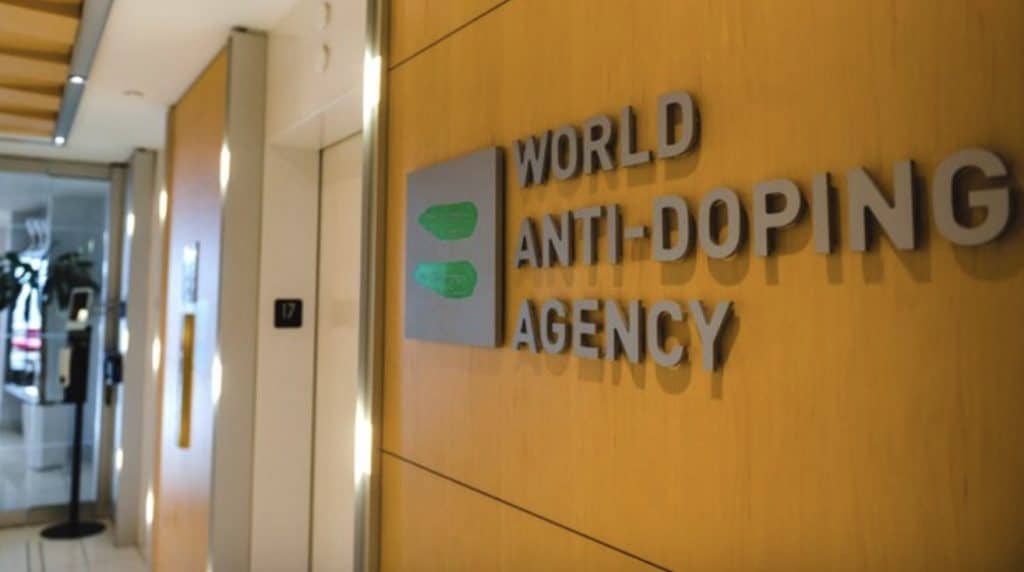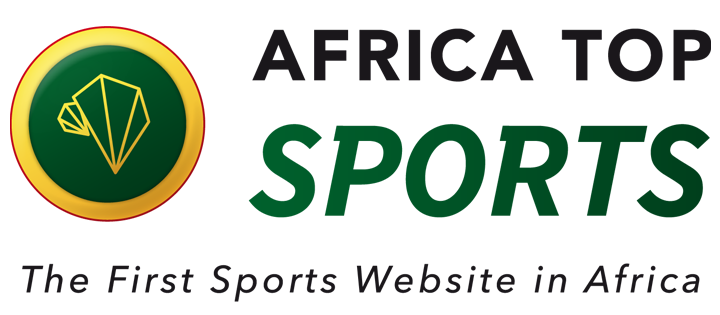
The only accredited laboratory in Africa, the Bloemfontein Anti-Doping Laboratory in South Africa, has had its accreditation revoked by the World Anti-Doping Agency (WADA) due to “multiple non-conformities” with international standards.
The only anti-doping laboratory in Africa has its certification suspended by WADA, effective March 1, for “multiple non-compliances” with international norms.
WADA said in a statement that the accreditation of the Bloemfontein, South Africa-based South African Anti-Doping Laboratory had been suspended for a maximum of six months.
Read Also:AIU Set January Jan. 19 For Amusan Doping Case
September of last year saw the implementation of some limits on the Bloemfontein laboratory, while other anti-doping operations were left unhindered.
Nevertheless, WADA claimed that because of the facility’s “multiple non-conformities with the International Standard for Laboratories,” experts had advised the organisation to revoke the facility’s accreditation.
The suspension took effect on March 1st and was accepted by the Bloemfontein laboratory, according to WADA.
“The suspension … prohibits the laboratory from conducting any anti-doping activities, including the analysis of urine and blood samples, with the exception of analyses related to the haematology module of the Athlete Biological Passport,” WADA said in a statement.
According to WADA, the laboratory may submit an application for reinstatement after proving that all “non-conformities” that have been found have been fixed.
Therefore, during the suspension period, testing has to be done at another approved laboratory. Samples that need to be analysed by another WADA-accredited laboratory include those that are undergoing confirmation processes, those that are pending analysis, and any samples that have been reported as having an adverse analytical finding.
“This is to ensure the continued high quality of sample analysis, which will also help to maintain athletes’ confidence in the process and the anti-doping system as a whole,” WADA concluded.
In order to promote clean sport during the 2023 African Games in Accra, Ghana, WADA is now conducting the Athlete Engagement and Anti-Doping Legacy programmes.
This sanction coincides with these efforts.
The Major Event Legacy (MEAL) and Athlete Engagement teams of WADA will be in attendance at the Games, which take place from March 8–23, 2024.
More than 5,000 participants from almost 50 countries will compete in 30 sports during the Games’ 13th edition.
On March 7, 2024, the African Union Commission (AUC) will organise a high-level symposium on anti-doping in sport prior to the start of the African Games, with cooperation from WADA.
African Ministers of Sport and other high-ranking government officials, prominent figures from the African sports movement, representatives from National Anti-Doping Organisations (NADOs) and Regional Anti-Doping Organisations (RADOs) will be present at the Forum.
In addition to providing a forum for networking and the development of anti-doping regulations throughout the continent, the event will also function as a consultation and information exchange.
“The Anti-Doping Forum to be held during the African Games promises to be powerful,” stated Rodney Swigelaar, Director of WADA’s Africa Office. Evaluating and debating anti-doping concerns is crucial, as is taking into account African solutions to doping challenges within African contexts.
The workshop will present yet another chance to advance the efforts aimed at enhancing anti-doping programmes’ capabilities.
“The Athlete Engagement Team, led by African athletes, will have the important task of interacting with athletes and their support staff throughout the event.
“The MEAL programme will play a role in connecting with anti-doping professionals and strengthening the capacity of anti-doping organisations in the region.”
The team includes athletes such as Ganzi Semu Mugala (Uganda), Ngon Ntama (Cameroon), Khotso Mokoena (South Africa) and Nathalie Bashala (Democratic Republic of Congo).
The goal of the MEAL programme is to offer top-notch assistance to all parties involved in carrying out the anti-doping initiative for the Games.
It focuses on encouraging clean sport in parts of the world where anti-doping operations are few, including Africa, and helping Major Event Organisations and other important stakeholders in the creation of anti-doping programmes.
The specific actions include strengthening the African Union Commission’s structures and operations as a new signatory to the WADA Code, supporting the training of local DCOs (16 DCOs, 20 chaperones, and 23 coaches), supporting the participation of 15 international DCOs and other experts from the continent to increase knowledge in the region and build bridges for future editions of the Games, and providing an in-country advisory team to support the program.


